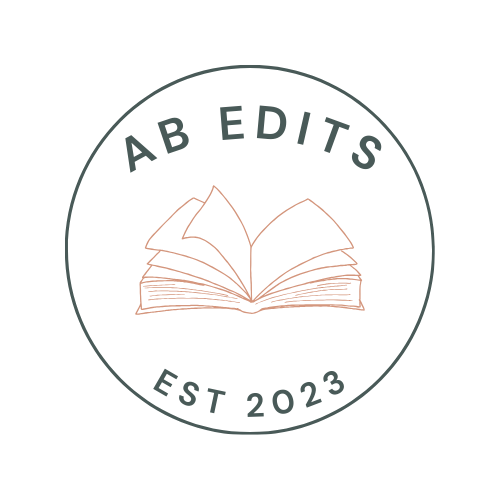Train 66, then and now: language, truth, and the writer’s role in society
This past weekend, my son and I were traveling on Train 66, heading to my hometown of Montreal. It’s a train I’ve taken countless times over the years, shuttling back and forth between Quebec and Ontario in various stages of my life.
When we stopped in Kingston, I saw a glimpse of my 19-year-old self boarding the same train two decades earlier, when I was doing my undergrad at Queen’s University. In those days, I would pass the time by doing my readings, staring out the window, and staring at the back of the seat in front of me. Occasionally, a fellow passenger would strike up a conversation and I would respond. Mostly I just stared.
The train has barely changed since the early aughts. Same beige canvas seats and grey carpet. Same food cart trudging up and down the aisle. Same “assorted Canadian cheese plate” on the plasticated menu in the seat pocket. The major difference between then and now is that every passenger is on a personal device, immersed in the media of their choosing. A scruffy teenager in Row B is on a Nintendo Switch. An older gentleman in Row F is playing online Bridge on his phone. The university student to my left is scrolling TikTok. My son is watching a (rather lackluster) remake of Woody Woodpecker on Netflix. Physically we were together and moving in one direction. But in all other ways, we seemed to be inhabiting separate universes.
As we left the station and continued Eastbound, I started to see the train as a reflection of our society, and the fragmentation within it. How can we learn from and understand each other, when we are confined to our own little bubbles? What are the consequences of our fragmentation? What, if anything, binds us together?
I was not about to answer these existential questions in the two-and-a-half hours that remained of my trip, especially with an antsy five-year-old haranguing me for snacks every ten minutes. But as I turned the page on my Kobo, I considered the possibility that language could help foster social cohesion. Through the written word, language reveals truths about who we are and the world we live in, connecting people from disparate groups and classes—people who might otherwise find little common ground.
In his 2021 book, The Constitution of Knowledge: A Defense of Truth, Jonathan Rauch argues that there are some foundational truths that we can all accept. He describes the process of learning these truths as “a journey we take together, not alone.” In other words, acquiring knowledge is a collective experience. Rauch goes on to write, “Others are always involved. Knowledge is not just something I have; more fundamentally, it is something we have.”
Language is the engine of our journey toward collective knowledge. It is a portal through which we can see, hear, and understand each other. And it allows us to enter into what Rauch calls the “reality-based community,” which he defines as “the social network which adheres to liberal science’s rules and norms.” The network that Rauch refers to is made up of four spheres within society. Each of these spheres—academia, media, law, and government—is governed by rules and upheld by systems that keep it tethered to reality. And each is committed to pursuing objective knowledge, i.e., propositions that are universally true.
One of the functions of language is to support the reality-based community by facilitating the transmission of thoughts and ideas. But to do so, language requires that we have a shared vocabulary: a general consensus that X means X and Y means Y. Definitions must be reasonably stable across different contexts.
But language, of course, is dynamic. It constantly evolves, and the meanings of words gradually change over time. This is a natural consequence of the interaction between language itself and the people who use it. In recent years, language has been transforming at such a high speed that society can barely keep up. While X means X on one end of the train, X can mean Y on the other. Language has become increasingly subjective, along with many of the truths that it describes.
Writers are uniquely equipped to reverse this trend. The goal of the writer is to communicate a message. For that message to have an impact on others, the writer must choose words with the utmost care and precision. That’s why a commitment to clarity is vitally important; it may even be an ethical imperative in today’s world.
The project of reclaiming language and preserving the meaning of words is an uphill battle. Moreover, it is not a panacea. However, it may break down some of the walls that divide us, and promote new connections. And hopefully help pass the time on the train.
